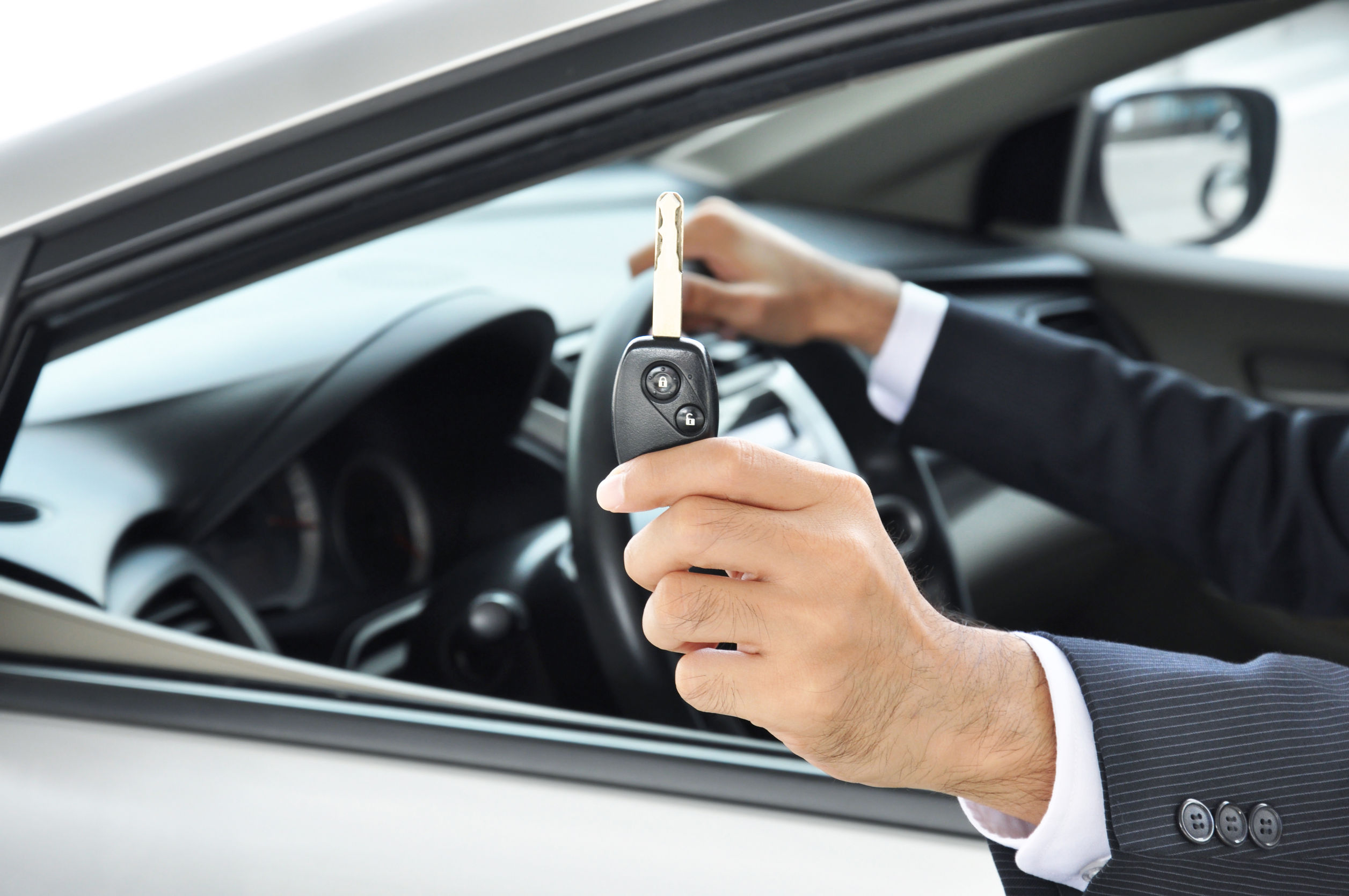6 Key Items to Check Before Signing a Rental Car Agreement
 Renting a car can be simultaneously confusing and expensive. Naturally, like most purchasing or rental decisions it doesn’t have to be this way. Many renters can save themselves considerable expense and stress by following a few basic pieces of advice both before and during the term of their rental. Here are some things to consider.
Renting a car can be simultaneously confusing and expensive. Naturally, like most purchasing or rental decisions it doesn’t have to be this way. Many renters can save themselves considerable expense and stress by following a few basic pieces of advice both before and during the term of their rental. Here are some things to consider.
1- Location First
Before you set out to acquire your rental, check the pick-up location on sites like Google or Yelp. Believe it or not, while most rental locations are adequate, more than a few have cautionary reviews online which can alert you to problems like showing up and finding out your reserved vehicle isn’t.
Granted some reviews are more annoyed opinion than fact, but if a location seems to be establishing a trend for less-than-stellar service, consider finding another pick-up spot.
2- Rate
Rental car rates are like the spot price for frozen concentrated orange juice on the mercantile exchange. They are about as permanent as sand castles and are subject more to whim than rules. Your rental company is keenly aware every customer has a hundred options, so they are often highly motivated to close the deal by giving you a better rate. All you have to do is ask.
3- Insurance
According to Vans4U, know ahead of time if your current insurance policy covers a rental and to what extent. The most expensive insurance on Earth is the supplemental per-day add-on for your rental car. There is a very good chance your credit card offers you some coverage and there is an even better chance you can at least purchase rental car insurance from your own insurance company at a tiny fraction of the cost of supplementary insurance offered by the rental company.
4- Reservations
Always have a back-up and always have an alternative to a bad deal. Occasionally, your so-called reservation may disappear and be replaced by a more expensive deal. This kind of classic squeeze can be impossibly expensive, especially if you are running against any kind of time limit. Having multiple reservations gives you an alternative and/or an escape valve for this kind of nonsense. Just be sure your reservations don’t have a cancellation penalty.
5- Upgrades
Like rates, upgrades are often available at no extra cost due to limitations faced by the rental agency. Sometimes keeping certain cars on their lot can be more expensive for certain rental locations, so they can be motivated to get a harder-to-rent car off the lot in favor of a model that might get rented sooner. If you see something that looks nicer at the location, don’t be afraid to ask for the upgrade. Sometimes you might get it free.
6- Gas
It is almost always less expensive to fuel a vehicle yourself than to either pre-pay or post-pay for gas at the rental counter. If you have the option, plan ahead and find a good station where you can get the least expensive fuel. Most rental car companies aren’t going to check the octane when you return the car.
Also consider looking for deals on gas from other retailers, the Auto Club or other businesses that might have cooperative deals with gasoline brands. Very often, one or more of these special offers can dramatically decrease the cost of a one-time fill-up, especially if you are far from home.
Like any negotiation, renting a car boils down to alternatives. Always be prepared to look for another option if you feel like you are spending too much, and definitely don’t fall for standard tricks like post-rental gas, redundant insurance or unnecessary accessories. In the long run, the right kind of knowledge and good preparation will save you a lot of money and hassle before and after your car rental.
















